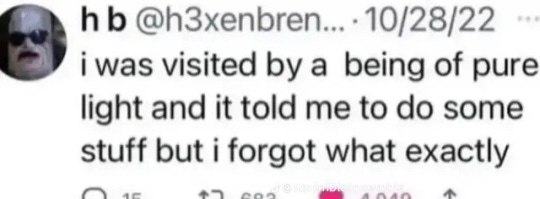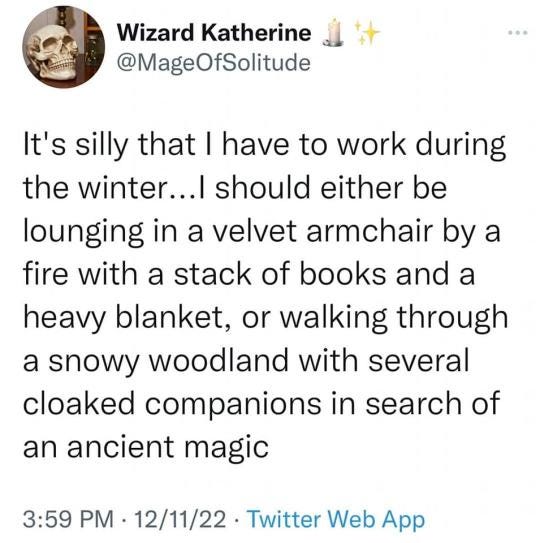I’m back, baby! My trusty laptop from 2016 finally offed its mortal coil last week, and the replacement came in yesterday. A computer from this decade—I feel like a golden god. And as promised, I’m going to use this newsletter to yell about Author’s Equity, the new profit-sharing based publishing company.
Author’s Equity made its debut in the New York Times on March 5 with a bold headline: “A New Publisher Promises Authors ‘the Lion’s Share of the Profit’.” It’s being helmed by three former C-suite executives from Macmillan and Penguin Random House:
The new house is small, with just six employees, but its founders hope that their experience and approach to publishing will attract writers. Contrary to the usual practice, Authors Equity won’t offer authors money upfront or guarantee them a payment — but it will give them “the lion’s share” of any profit that is made, according to Ms. McIntosh.
The books will be distributed by Simon & Schuster and payments to authors will be distributed monthly. (Big if true, as the kids say.) The investment team is being led by big New York Times bestselling authors, including mystery novelist Louise Penny and self-help figure James Clear. (Also included is permabro Tim Ferriss, who I was mostly convinced had retired to MRA obsolescence somewhere with a beach, but here we are.) Notice I say “led” by: the authors are the only investors named. I’d bet good American money that the bulk of the money comes from venture capital or private equity—the same private equity that recently bought Simon & Schuster, where one of the Author’s Equity chiefs serves on the board.
The model Author’s Equity is pursuing isn’t a new one: no advances for the author, meaning no up-front payment, but no needing to earn out on the back end, either. The big name authors who have signed up as brand investors don’t necessarily need big advances to make money; they have guaranteed sales because of their built-in audiences, and thus would be more willing to take a risk. There have been a number of similar imprints during my time in publishing; no-advance publishers with higher splits on royalties theoretically meant that authors could make more money than if they took an advance up front.
What’s new is the naked exploitation of the people on the back end—the people who will actually be working on these books. According to one of the CEOs:
Authors Equity could offer more favorable terms than large houses, in part because it will have little overhead. The publishing team for each book, including editors, publicists and marketers, will be assembled from a growing pool of freelancers. Authors and their agents will help decide who gets hired.
Emphasis mine. And in the very next paragraph:
Mr. Weisberg and Ms. McIntosh said that since the pandemic, many talented people have prioritized a better work-life balance with more flexibility, creating a robust world of freelancers.
“Prioritized a better work-life balance with more flexibility?” Yeah, that’s called getting laid off, or being forced to leave the industry when pay didn’t match labor.
So, let me lay this out: Author’s Equity is promising an author-friendly publishing experience that prioritizes author profit, while relying on an amorphous pool of underpaid freelance labor to edit, publicize, and market the books. (Will the six employees named in the article include acquisitions editors? Will those editors edit the books they acquire, or will the acquisitions also be farmed out to freelancers?) I gotta say, nothing says “author care” like a roster of freelancers who are working themselves to the bone without health insurance.
As Maris Kreizman writes in her article “Publishing Models That Rely on Gig Workers Are Bad For Everybody,” the switch to freelance labor has already decimated key industries like journalism, and contributed to the lengthy strikes that shut down the film and TV industries last year. “It’s particularly ironic that the company name Authors Equity most immediately calls to mind the theater actors union Actors Equity, which has been working since 1913 to fight for the rights of live performers. Authors don’t have a union. Neither do publishing workers outside of the small but mighty HarperCollins Union. Equity for a small, select group of authors is simply not enough.”
Setting aside the fact that real equity would mean all of the authors published by AE having an actual share in the company, this model—which will likely reward only the big-name authors whose careers were already built up, at great expense, by traditional publishers—will likely create a raft of authors whose rights are tied up in a company without employees to steward them. That’s definitely not the way forward.
WHAT I’M READING
I’m about halfway through The Dark Forest—things are getting VERY weird and I love it, but it’s definitely a much less propulsive read than The Three Body Problem. On my phone I’m reading Sarah Caudwell’s The Shortest Way to Hades, which continues to be dryly hilarious. I also went for a walk the other day and tripped and fell and somehow managed to walk out of Greenlight Books with Robert Jackson Bennett’s new novel The Tainted Cup, which is fun in a fantasy-Sherlock Holmes pastiche kind of way.
HOUSEKEEPING
My first novel, Marrying In, is available for purchase on Kindle, Nook, and Kobo, and is coming soon to iBooks. If you’ve read it, consider leaving a review—that helps me and the book in the long run!
Do you have any questions about the publishing industry? Requests for advice? Thoughts on your recent reads? Please leave them as comments or as replies to this email!
You can find me on social media on Bluesky, Twitter, Instagram, the A Faster No Discord, and now TikTok. If you buy any of the books linked in this newsletter I receive a small commission at no cost to you.




Excellent points. I learned about them in James Clear's newsletter. It's unclear how a writer like me would submit a pitch or manuscript. I'm writing my memoir, A Very Late Bloomer, about the loss of a family member at the age of 15 and going on to become an attorney and run over 30 marathons.